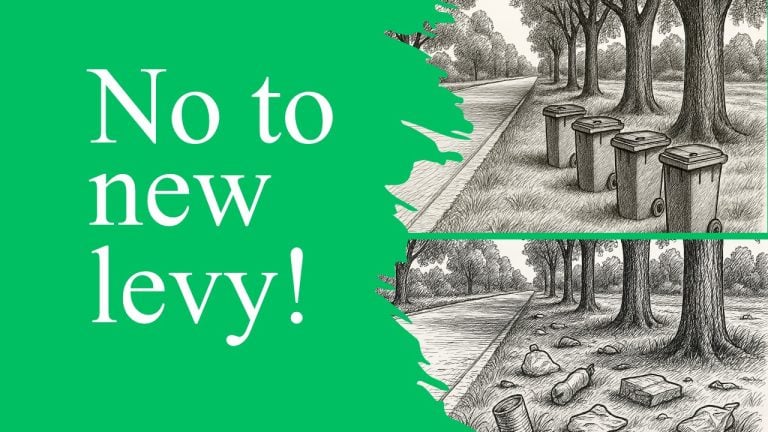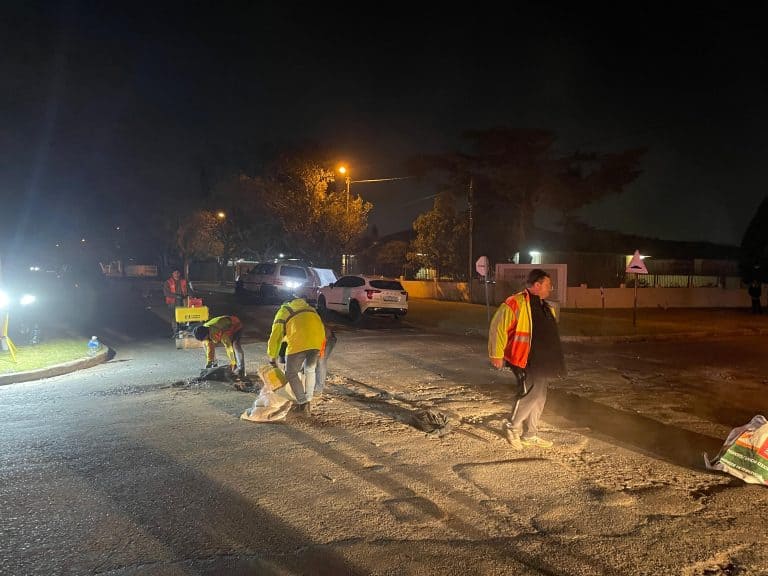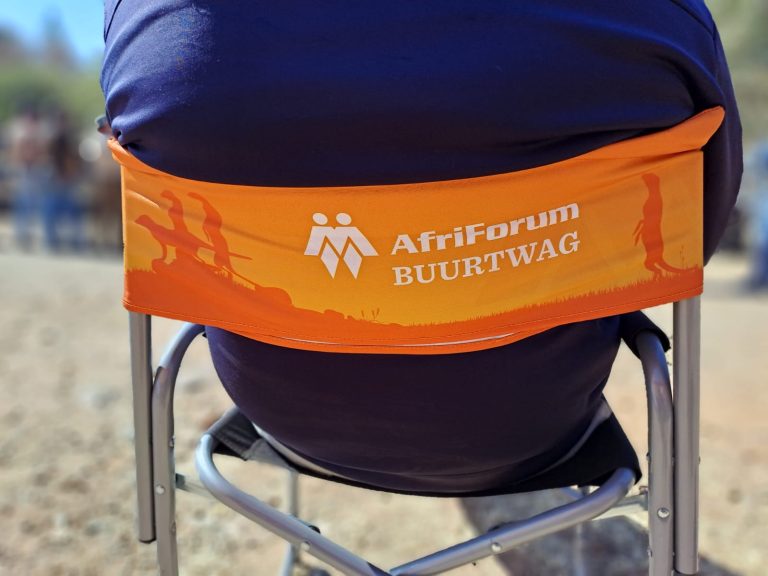AfriForum admitted as friend of the court in landmark case on powers of the SAHRC
The Constitutional Court has granted AfriForum permission to act as a friend of the court (amicus curiae) in a case regarding the powers and jurisdiction of the South African Human Rights Commission (SAHRC). AfriForum’s legal team has also submitted their submission to this court, arguing that the SAHRC can only make findings in investigations but cannot issue binding directives.
The case arises from a finding by the SAHRC in an investigation into land occupiers’ access to borehole water on a farm in Mpumalanga. What was initially a dispute between the landowner, AgroData, and a group of occupiers, has since degenerated into a constitutional dispute over the limitations of the SAHRC’s powers. AfriForum had already acted as friend of the court when the case was heard in the Supreme Court of Appeal in Bloemfontein. This court ruled in favour of the landowner and relied heavily on the principles set out in AfriForum’s arguments. AfriForum will now defend the same constitutional principles in the Constitutional Court, after the SAHRC turned to this court to appeal the ruling.
According to Louis Boshoff, campaign officer at AfriForum, it would be disastrous if all of the SAHRC’s recommendations – some of which are outrageous – became binding. “Several credible sources have already shown that political and racial bias can be detected in the Human Rights Commission’s findings and choice of investigations,” says Boshoff. “It is essential that such findings cannot be simply enforced.”
AfriForum holds the position that the SAHRC, in every case that the commission investigates, should rather achieve cooperative action among the parties involved. Furthermore, the commission’s recommendations should only be considered binding when enforced by a court.
The two respondents, AgroData and F.G. Boshoff, indicated that they will not oppose the SAHRC’s appeal, while both AfriForum and the Centre for Applied Legal Studies will act as friend of the court. The case was also heard unopposed by the Supreme Court of Appeal. The date on which the Constitutional Court will hear the case has not yet been announced.











